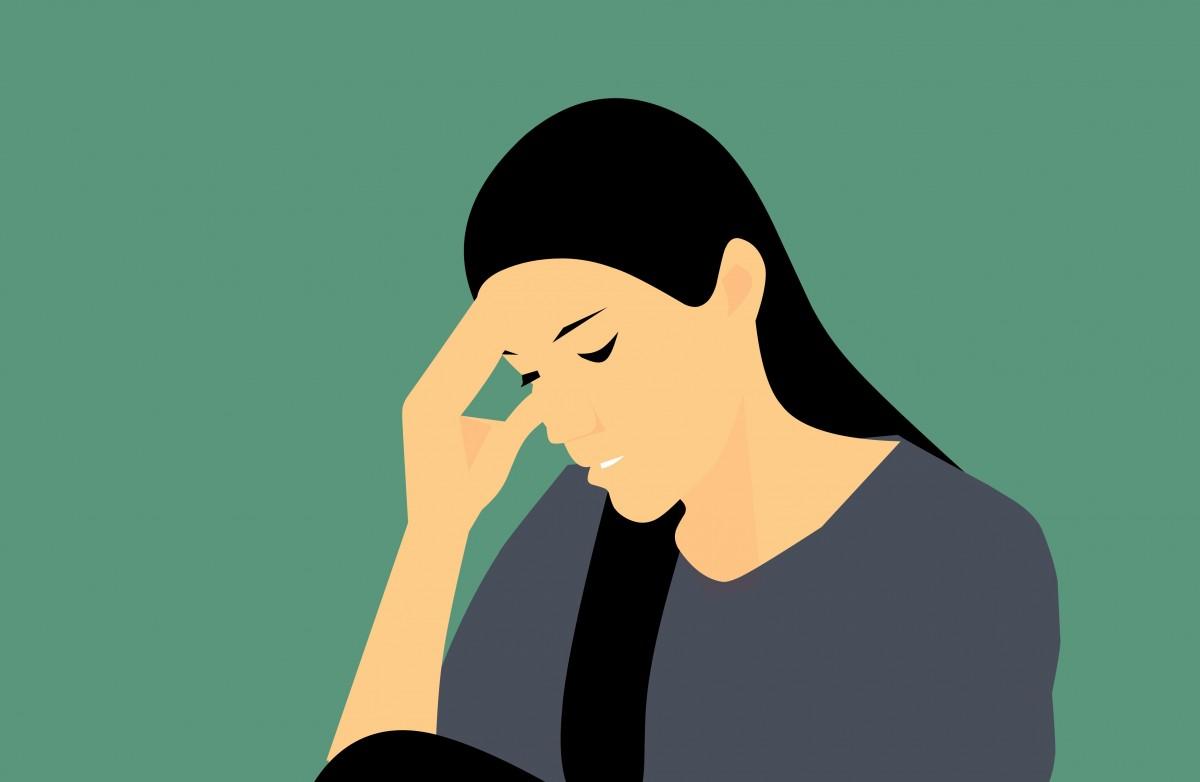As the coronavirus pandemic is now ever-present in the United States, public officials are pushing the practice of “social distancing” harder than ever before. As defined by the Centers for Disease Control and Prevention, social distancing is a public health procedure that works to prevent the transmission of a disease through the avoidance of human contact.
While the practice proves essential to slowing the outbreak and alleviating the health care system, unfortunately, there is a catch and a sacrifice. The United States is fighting against the harmful biological advances of the coronavirus. Yet, it is also waging a second and lesser known war against the mental health toll resulting from the pandemic.
For those previously affected by mental illness before the pandemic hit, the consequential self-isolation of social distancing can be debilitating. Community and connection among individuals are crucial to strengthening mental health. They offer belonging, support and purpose that serve to battle the loneliness and hopelessness that often accompany mental illness. This necessity is why a practice, albeit beneficial and necessary, that calls those to isolate themselves from these factors further can be detrimental to someone suffering from depression or anxiety. The halting of physical contact with therapists or the disruption of a constant treatment alone can also be harmful. The loss of a support system built on social engagement and the depletion of stability found in maintaining routines can be consequential as well. Beyond the effects of social distancing, individuals with mental illnesses are particularly vulnerable to the paranoia and distress that an unexpected and threatening pandemic brings.
For college students, social distancing resulted in the decision to close campuses and move classes online. While students may have temporarily rejoiced in the fact that this meant school administrators would extend spring break, their attitudes quickly changed to uncertainty and anxiety. I grappled with the concept of how classes that are equipment-heavy or built on the premise of human contact, like labs and art classes, could smoothly transition online. As I received email after email about organizations dissipating and Texas A&M canceling traditions, I struggled with these changes that were constricting my Aggie experience to the screen of a laptop. Although protecting and saving lives are worth more than any college experience, it does not change the fact that students are facing the adverse effects of these decisions. The consequences can take a toll on the mental health of students. The virtual transition may cause students anxiety over academic performance and quality of education, and the uncertainty of on-campus jobs instills fear in students who depend on the income.
This war on mental health on top of the illness and loss can affect every individual, not just those who have a mental illness or college students. Our country is in such a state of unpredictability and pain. Our health is now jeopardized to the point where restaurants are closing and people are fighting over toilet paper. When we wake up each day bracing ourselves for the news, it is so easy to let anxiety about the future paralyze us. Francis Collins, the director of the National Institutes of Health, combats this debilitating fear best. He reminds us that “it comes down to the balance between having a reasonable concern, especially if it’s motivating to take actions that can reduce risk, versus having this take over your entire world to the point where you become paralyzed.”
We need to maintain concern for the health of others and ourselves by following the guidelines of social distancing. Yet, we must also remember that we can combat this toll on our mental health through the community. Everyone is affected by the coronavirus, whether through the illness itself or the chaos it has brought on our daily lives. Our campus and country can slow this spread of fear, loneliness and depression by remembering that hope is found in each other. Although social distancing means that we can’t participate in the traditional means of association, it does not mean we must give up on seeking social support and routine. It simply asks us to be conscious of the wellbeing of others by finding it through nontraditional avenues, like technology and social media. This collective action will help us feel less alone during this time of isolation, which is needed now more than ever before.
Finding hope amidst the chaos
March 19, 2020
Photo by Creative Commons
Stress
0
Donate to The Battalion
$1815
$5000
Contributed
Our Goal
Your donation will support the student journalists of Texas A&M University - College Station. Your contribution will allow us to purchase equipment and cover our annual website hosting costs, in addition to paying freelance staffers for their work, travel costs for coverage and more!










